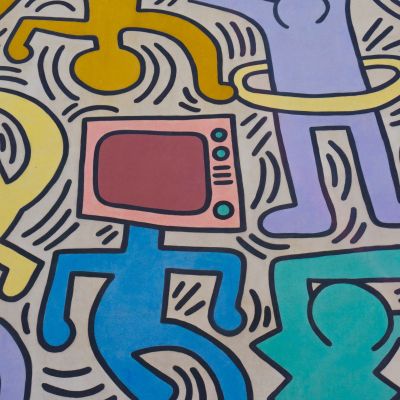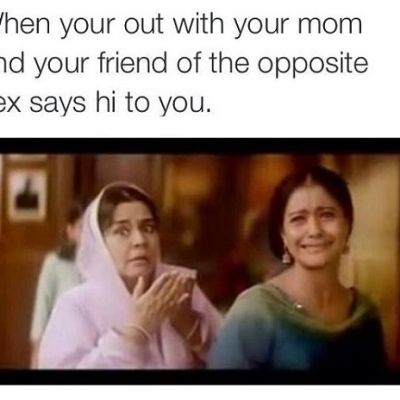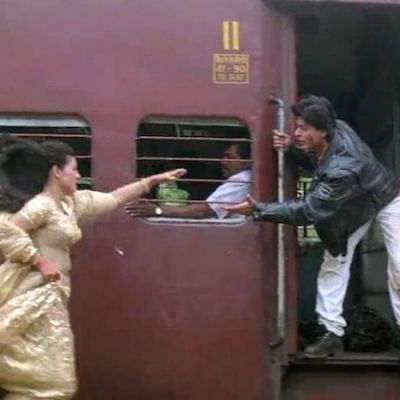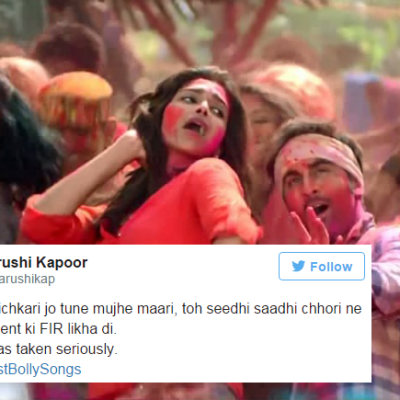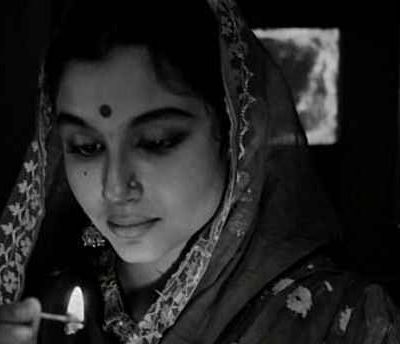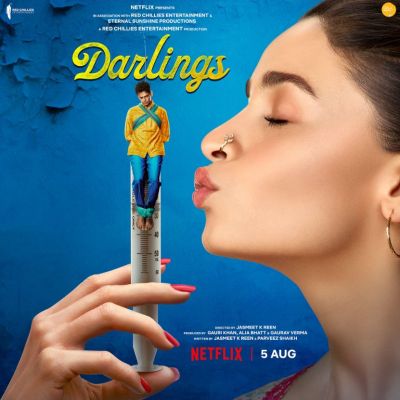Bollywood
I was not simply stuck within the binaries of “same-sex” or “opposite sex,” assuming that any reference to “same-sex” is in itself already revolutionary. But the call to recognise friendship, is a call to recognise so many forms of community that are made invisible by the emphasis within a liberal or conservative framework on “marriage” as the only path to family making.
And so, in the mid-month issue we have Shweta Krishnan examining the place of political incorrectness in stand-up comedy, Rohini Banerjee talking about how fanfiction allowed her to delve into alternative worlds, and…
The statement “We are just friends”, does it make you wonder? Just friends? As in – merely friends? As in…
Members of a fandom are not just passive consumers but active co-creators who imagine and build new worlds around their objects of adoration. Fandom communities offer fans the freedom of being able to imagine, create and share all sorts of scenarios, including romantic, erotic and sexual ones.
How have we reached a point where non-consensual behaviours in romantic and sexual relationships are criminalised, but parental domination is still legitimised, or trivialised in the name of “Oh, but I know my parent is a good person and wants what is best for me”?
Twitter was hashtagging the 21st anniversary of the classic Bollywood film, ‘Dilwale Dulhania Le Jayenge’ (1995) a few months ago, a human rights organisation did a fun take on it by asking its followers to feminist up the film’s iconic dialogue, “Ja, Simran, Ja”.
Twitter has been rumbling with chuckles and giggles over the last few days with a trending slew of Tweets and…
Time and again, our films underline the supremacy of man. Modernity is reduced to a matter of packaging. A modern…

